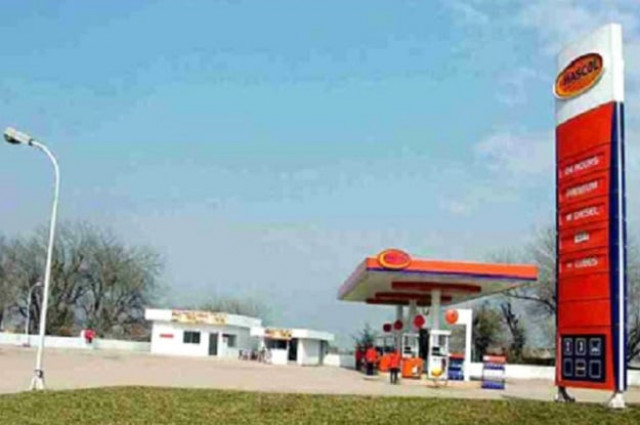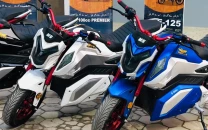Possible transaction: Vitol might buy stake in Hascol
Oil company says board has been asked to allow due diligence

Oil company says board has been asked to allow due diligence. PHOTO: FILE
In a notice to the stock exchange, Hascol said that it was in preliminary discussions with Vitol Asia Pte Limited to explore “a possible transaction which could involve an investment by Vitol in the shares of Hascol and also a supply rights arrangement.”
Hascol’s board of directors has been asked to allow Vitol to carry out a due diligence to evaluate the opportunity, it said, offering no further details.
“This is a good move on Hascol’s part, this will help it cut cost and get an edge over competition,” said CEO of another private marketing company.
“Commodity traders, like Trafigura, have been exploring opportunities to have marketing arms of their own in developing countries. This gives them a market and the company in question has leverage.”
The development has come following an oil conference in Singapore where representatives of both companies were present, an industry official said.
Stock market performance
Hascol, which was listed at the stock exchange last year, has seen a steady rise in its sales jumping from just Rs9 billion in 2009 to Rs84.9 billion in 2014. It has also recorded profits, netting in Rs864 million last year.
In the six months to June 2015, net profit jumped 63% to Rs515 million over the same period of last year.
But industry people say that more than Vitol, the desire of Hascol’s 76-year-old Chairman and CEO Mumtaz Hasan Khan to sell part of his stake is going to drive this deal.
“Now is the right time for him to get a good deal for his stake with stock price doing pretty good,” said an industry official.
Khan directly controls 35% of the shareholding in the company. Other directors have 5% stake while two associated companies control 25.75%. The rest is held by public and financial institutions.
Hascol has an advantage over its smaller peers since it has secured storage tanks at the port, allowing it to bring in larger shipments of petroleum products and store it, officials say.
The announcement has also coincided with depressed commodity prices, which have worried global traders and pushed them to trim costs and enter more secure businesses.
Pakistan’s petroleum marketing industry has seen a renewed interest in recent years with the number of licensed marketers rising to 21 from just 8.
Yet, it does not mean that this side of the oil business has been merciful on the OMCs. The margin, which is the money the companies can make, is fixed in rupee terms on a liter of petrol and diesel.
A loss on value of inventory that is caused by change in price and exchange rate variation has also been an issue for the companies.
Published in The Express Tribune, October 20th, 2015.
Like Business on Facebook, follow @TribuneBiz on Twitter to stay informed and join in the conversation.



















COMMENTS
Comments are moderated and generally will be posted if they are on-topic and not abusive.
For more information, please see our Comments FAQ